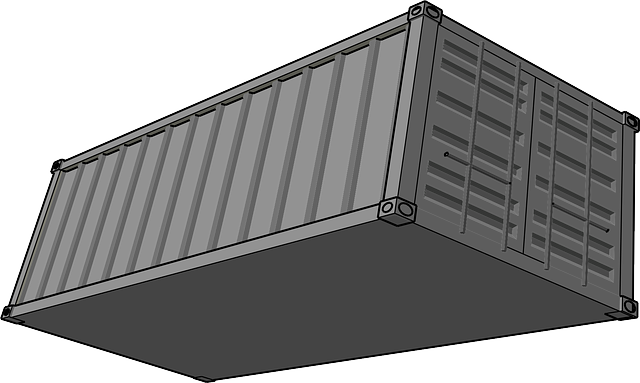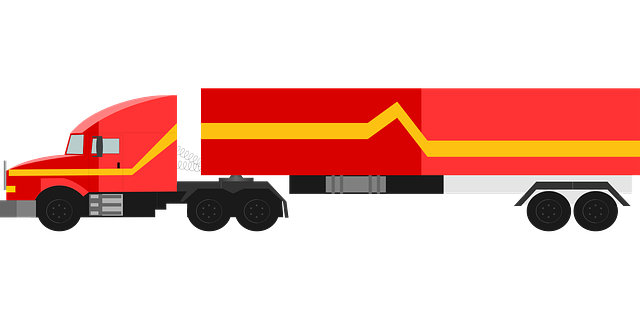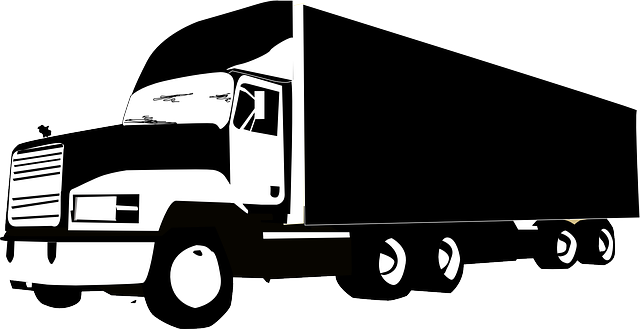Cargo liability coverage is an essential insurance policy for businesses in transportation and logistics, protecting against financial losses from damaged, lost, or stolen goods during transit. It covers repairs, replacements, legal fees, and compensation claims, shielding businesses from legal liabilities and customer complaints. Key components include comprehensive protection against physical damage, loss, accidents, natural disasters, theft, and vandalism, as well as legal responsibilities arising from third-party claims. By prioritizing robust cargo liability coverage, companies can minimize risks, ensure operational continuity, and maintain financial health in a competitive business landscape.
Accidents involving commercial vehicles and goods can lead to significant financial and legal consequences, including third-party claims. Protecting against these risks is crucial for businesses operating in today’s competitive landscape. This article delves into the essential aspect of robust cargo liability coverage, exploring its role in mitigating potential losses. We’ll examine common causes of accidents, key components of effective insurance policies, and strategies to navigate third-party claims, ensuring your business remains protected.
Understanding Cargo Liability Coverage: What It Is and Why It Matters

Cargo liability coverage is a crucial aspect of insurance that protects businesses and individuals involved in transportation and logistics from financial losses related to damaged or lost goods during transit. This type of coverage is essential for shippers, carriers, and third-party logistics providers as it shields them from potential legal liabilities and claims by customers or other parties. When goods are shipped, there’s always a risk of damage, theft, or loss due to various factors like accidents, natural disasters, or negligence.
Understanding cargo liability coverage is vital because it provides financial security and peace of mind. It covers the cost of repairing or replacing damaged goods, as well as any legal fees and compensation claims arising from the incident. This protection is particularly important for businesses dealing with high-value or fragile items, ensuring they can continue operations without incurring significant financial burdens from unexpected events.
Common Causes of Accidents Involving Commercial Vehicles and Goods

Commercial vehicles, due to their size, weight, and often specialized nature, are involved in a significant number of accidents compared to smaller personal vehicles. Understanding the common causes is crucial for businesses to mitigate risks and ensure robust cargo liability coverage. One of the primary factors is driver error or fatigue, especially during long-haul deliveries. Drivers may experience fatigue due to irregular work schedules or inadequate rest periods, leading to reduced reaction times and poor judgment.
Another frequent cause is cargo-related issues. Improperly secured or loosely packed cargo can shift during transport, causing the vehicle to veer off course or even flip over. Inadequate training on loading procedures or using unsuitable equipment can also contribute to these accidents. Additionally, environmental conditions such as adverse weather (e.g., rain, snow) and poor road maintenance play a significant role in commercial vehicle accidents. Businesses must ensure their drivers are well-trained, vehicles are maintained regularly, and cargo is secured properly to minimize the risk of accidents and subsequent third-party claims.
Key Components of Robust Cargo Liability Insurance

Robust cargo liability insurance is an indispensable shield for businesses dealing with transportation and warehousing, safeguarding against potential financial disasters. The key components of such coverage include comprehensive protection against physical damage or loss to the goods during transit. This means insuring against perils like accidents, natural disasters, theft, and vandalism, ensuring that the financial burden of damaged or missing cargo is borne by the insurer rather than the business.
Furthermore, effective cargo liability insurance should also encompass legal responsibilities arising from third-party claims related to the shipment. This includes liability for personal injury or property damage caused to recipients or bystanders due to the handling or transport of goods. Adequate coverage in this area protects businesses from costly lawsuits and settlement agreements, offering financial peace of mind and ensuring operational continuity.
Navigating Third-Party Claims: Mitigating Risks and Ensuring Protection

Navigating Third-Party Claims: Mitigating Risks and Ensuring Protection
In today’s complex business environment, protecting against third-party claims is paramount to ensuring operational continuity and financial stability. One of the key risk areas is cargo liability coverage, which becomes crucial when dealing with the transportation of goods. Businesses must be prepared to handle potential accidents or incidents involving their cargo, as these can lead to significant legal and financial liabilities. Robust cargo liability coverage plays a pivotal role in mitigating these risks by providing financial protection against claims related to property damage, personal injury, or even death resulting from the handling or transportation of goods.
By ensuring comprehensive cargo liability coverage, businesses can safeguard themselves against unforeseen events and minimize the impact of third-party claims. This proactive approach allows companies to focus on their core operations with the peace of mind that they are protected should an accident occur. Effective risk management strategies involving cargo liability coverage are essential in fostering a safe and efficient business environment, ultimately contributing to long-term success and sustainability.
In conclusion, understanding and implementing robust cargo liability coverage is paramount for businesses navigating the risks associated with commercial vehicles and goods. By familiarizing themselves with potential accidents, their causes, and key insurance components, companies can effectively mitigate third-party claims and protect themselves from significant financial losses. This proactive approach ensures peace of mind and allows businesses to focus on growth while adhering to legal responsibilities.
